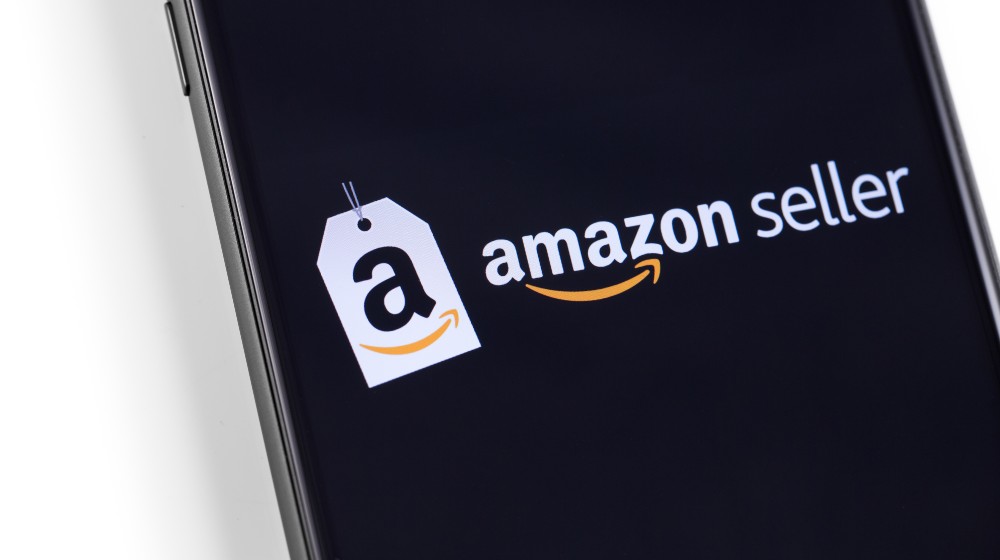Business
Amazon Promoted Own Brands By Manipulating Search Results

Internal documents show that Amazon.com copied seller products then promoted knockoffs by manipulating search results. The company faces accusations of favoring its own products through unfair means. This includes copying products from its sellers. Amazon denies the accusations.
RELATED: Washington DC Sues Amazon For Monopoly Practices
Amazon Unfairly Gained Advantage by Copying Products and Manipulating Search Results

Internal documents showed Amazon unfairly promoted its own products at their sellers' expense. The company allegedly utilizes its vast amount of data to promote its own products.
The documents examined by Reuters included emails, strategy papers, and business plans. They all point to a systematic campaign of creating copying products.
They also exposed the practice of manipulating search results. The documents showed that the copying campaign ran in India. This is one of Amazon’s largest growth markets.
India Companies Victimized by Amazon’s Strategy
The documents showed how Amazon’s India team exploited data from Amazon sellers. They used the data to create knockoffs that competed with seller brands.
By manipulating search results, these knockoff brands landed on the front page. In fact, the brands began appearing in the first two or three search result pages. When shoppers search the amazon.in site, Amazon knockoff brands will appear.
One of the victims of the strategy is a popular Indian shirt brand, John Miller. Kishore Biyani, known as India’s retail king, owns the brand. Documents showed that Amazon followed the measurements of John Miller shirts.
This included copying the neck circumference and sleeve length, the document states. The documents also showed that Amazon employees took proprietary data about other brands.
This included customer return policies. Then, they identified targeted products as reference or benchmark products. Then, they replicated them.
Documents Also Show That Amazon Partnered With Copied Brands’ Manufacturers
As a result, the 2016 internal report showed that Amazon created a new in-house label named Solimo. Fast-forward to 2021 and Solimo household and health products are now sold on the US Amazon site.
According to the documents, the strategy was simple. Use the information from Amazon.in to develop products. Then, Amazon will leverage its platform to market the products to customers.
With the Solimo line, Amazon managed to offer a product equal to or exceeding the quality of competing brands. However, Solimo priced its products 10% to15% cheaper than the competition.
Also, the documents showed that employees directly went to the source. They partnered with the manufacturers of the copied brands to get the same results.
The specific manufacturers have “unique processes which impact the end quality of the product”. By getting them to produce the knockoffs, Amazon can match the quality. It called the manufacturer advantage “Tribal Knowledge.”
Amazon Earlier Denied Using Seller Data
In 2020, Amazon founder Jeff Bezos testified before Congress 2020. He said that the company prohibits the use of seller data to help its private-label business.
Earlier in 2019, another Amazon executive testified the same thing. Amazon does not use data to create its own private-label products. Nor do they manipulate search results to favor them.
Watch the Reuters video reporting that Amazon copied products and rigged search results:
What do you think of Amazon’s business practice of copying seller products? Should Amazon carry private label brands that compete with their sellers?
Tell us what you think. Share your comments below.















